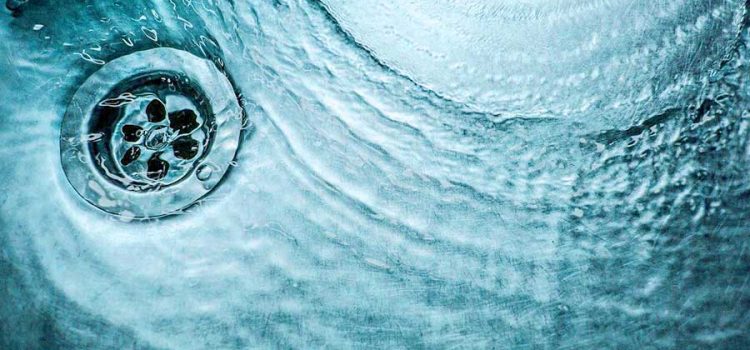Many people wonder whether the water softening process can have an impact on their septic system. If you use a system like this in your home, you might be wondering if a water softener’s brine will cause damage to the natural bacteria of your septic system. You might perhaps be worried regarding the additional liquid inflowing your septic system. There is also a fear of whether hardness ions might interrupt the absorption of your drain field.
Are these concerns warranted, and does it matter which water softening system you choose? We’ll take a closer look and answer these questions below.
The Septic System
A typical septic system contains a septic tank, a distribution box and a drain field, and all of them are usually connected by pipes. The wastewater that flows from your house is for some time held in a septic tank where weighty solids, also known as sludge, settle at the bottom. There are lighter materials known as the scum layer that floats on the water surface in the tank. During the treatment procedure, the two layers are partly decomposed with the assistance of bacteria, which crops up naturally in human waste. The septic system releases water in a drain field as more and more wastewater is discharged from the home.
Water Softeners and Your Septic System
Don’t worry; a water softener doesn’t cause any problem to your septic system. Actually, it helps a lot because softened water can encourage the growth of “good” bacteria, and this will just improve the efficiency of your septic system. The brine also does not cause overflows. The large amounts of magnesium and calcium in brine actually helps the solids settle, hence lessening the risk of overflows. Therefore, there are no negative effects if you use an efficient and well-designed water softener with your septic tank.
How a Water Softener Works
Water “hardness” is usually caused as a result of high levels of minerals that mostly include magnesium and calcium. Although hard water is not harmful, it can be bothersome. In many cases, a water softening system is the only solution to deal with water hardness, and most systems employ a process called Reverse Osmosis. It entails a layer of resin beads which swaps the magnesium and calcium for sodium ions, which results in softened water. This softened water runs in your home as normal.
Once the resin is filled with hardness ions, it starts a renewal cycle whereby brine or high-sodium water goes through the resin bed. This brine provides sodium ions in return for hardness ions. In the end, it sinks down the drain, together with the hardness ions.
Water Softeners Actually Provide Advantages to a Septic System
Recent studies have shown that softened water can help consumers to reduce dish-washing detergent by about 70 percent and soap usage by about 50 percent. This is good news for a septic tank, because household cleaning products such as harsh laundry detergents, shampoos, and bleaches might interrupt the usual operation of the septic tank as well as the absorption field. This reduction of detergent and soap usage may be a big advantage for your septic system.
Why It Is Crucial to Choose an Efficient Water Softener
It is very important to know how a high-quality water softener can have an influence on your septic system. There are so many very inefficient water softeners that are being used today. A poorly functioning water softener can generate an excess of brine waste while regenerating above the required amount. This, in several cases, might create problems—especially with older septic systems. When a water softener releases excess water and salt, there might be a negative effect on the functioning of your septic system. Therefore, it is vital to maintain a perfectly operating as well as efficient water softener for your septic system. An effective water softener won’t interrupt your septic system.
Contact Our Austin Water Treatment Experts
If you have any additional concerns about water softening system, don’t hesitate to contact the experts on water treatment at Austin Water Solutions. We can help you make the most informed decision when purchasing a water softening system for your home.
